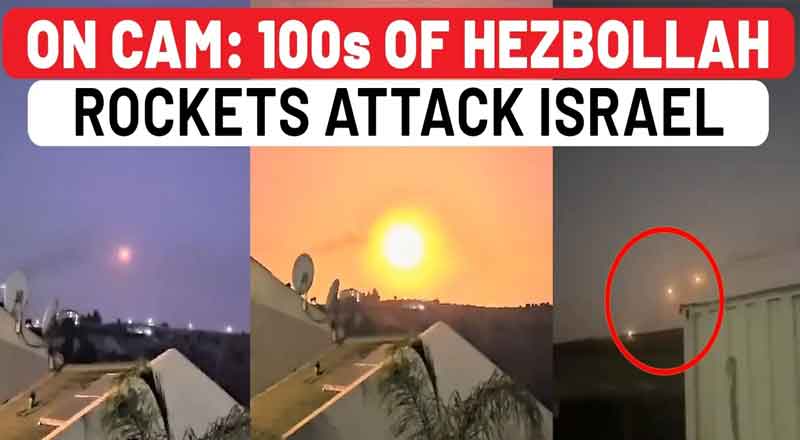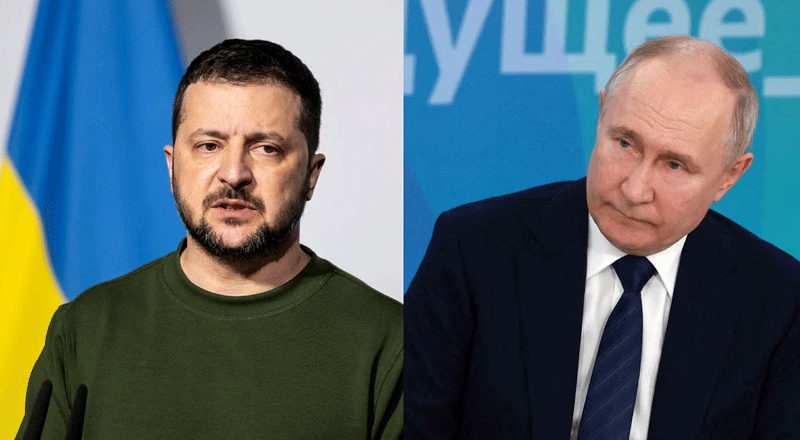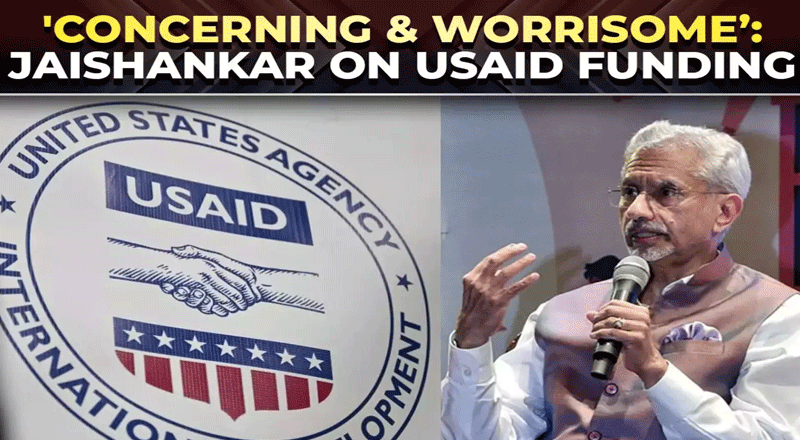In a dramatic escalation of conflict, Israel has declared a 48-hour nationwide state of emergency following a massive drone and rocket assault launched by Hezbollah. The Iranian-backed militant group’s attacks come in response to the recent assassination of a senior Hezbollah commander in Beirut.
On Sunday, Israel’s Defense Minister Yoav Gallant announced the emergency measures, which include restrictions on public gatherings and the closure of certain sites. This declaration allows the Israel Defense Forces (IDF) to issue specific instructions to safeguard the public amid the escalating violence. “The declaration on the state of emergency enables the IDF to issue instructions to the citizens of Israel, including limiting gatherings and closing sites where it may be relevant,” Gallant said in a statement.
Air raid sirens were activated across northern Israel, and Ben-Gurion International Airport reported significant disruptions, including flight diversions and delays. Hezbollah confirmed it had launched a large-scale drone attack targeting what it described as “qualitative Israeli military targets,” including “enemy sites, barracks, and Iron Dome platforms.”
The escalation follows a series of intense Israeli airstrikes in southern Lebanon, aimed at preemptively neutralizing what Israeli officials claim were imminent threats from Hezbollah. The airstrikes are seen as part of Israel’s broader strategy to counter Hezbollah’s planned retaliatory attacks. Rear Adm. Daniel Hagari, an Israeli military spokesperson, emphasized the need for self-defense. “In a self-defense act to remove these threats, the (Israeli military) is striking terror targets in Lebanon, from which Hezbollah was planning to launch their attacks on Israeli civilians,” Hagari said.
Hezbollah’s attacks were reportedly in response to the killing of Fouad Shukur, a top commander with the group, in a strike in Beirut’s southern suburbs last month. The group has warned that it would cease its attacks if a cease-fire were implemented. However, the current violence has complicated ongoing peace talks, including a new round of negotiations in Egypt aimed at ending the war between Israel and Hamas.
The conflict between Israel and Hezbollah has intensified following the onset of the war with Hamas on October 7, when a Hamas cross-border attack marked the beginning of a broader regional conflict. The ongoing exchange of fire has displaced tens of thousands of people and raised concerns about a potential all-out war. Hezbollah, with its estimated arsenal of 150,000 rockets and missiles, including precision-guided weapons, poses a significant challenge to Israeli defenses.
Israeli Prime Minister Benjamin Netanyahu and Defense Minister Yoav Gallant are reportedly managing the crisis from military headquarters in Tel Aviv. Netanyahu’s Security Cabinet is scheduled to meet later on Sunday to assess the situation and plan further actions.
As the situation remains fluid, both Israel and Hezbollah are bracing for further developments, with the potential for additional escalations threatening to impact regional stability and international diplomatic efforts.





